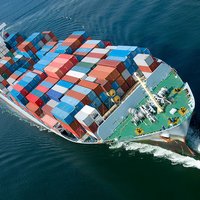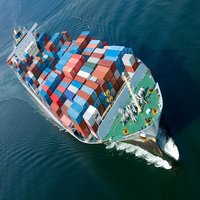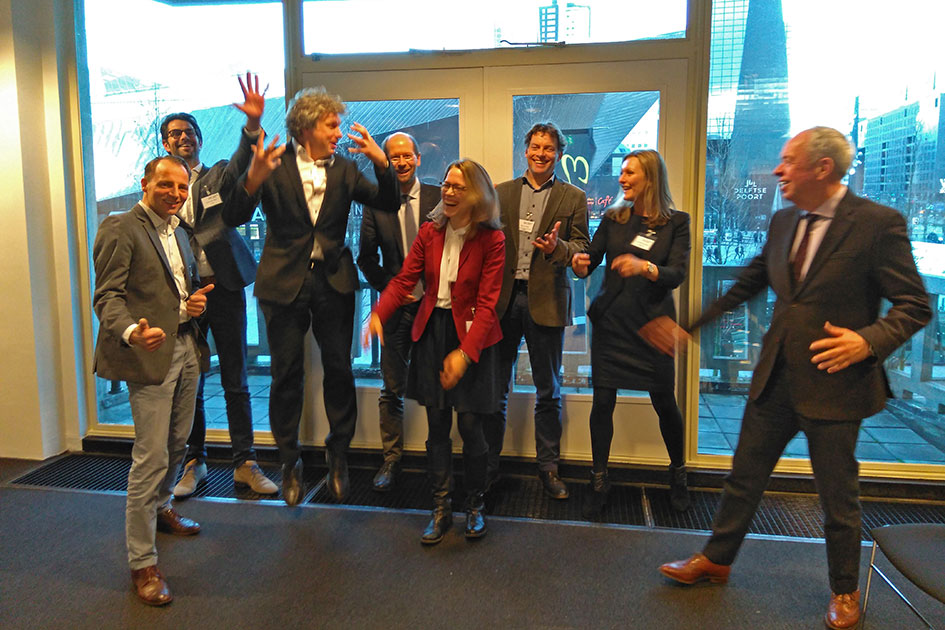New Trends for the Port of Rotterdam
Expert workshop on decarbonisation of the transport and logistics sector

Expert workshop on decarbonisation of the transport and logistics sector


During the expert workshop "Implications for Transport and Business Activities in the Port of Rotterdam Area until 2050" in mid-January, Prof. Dr. Stefan Lechtenböhmer and Dorothea Schostok (Research Group Future Energy and Mobility Structures, Wuppertal Institute) as well as the Port of Rotterdam Authority discussed options for decarbonising the transport and logistics sector.
Together with the Dutch experts from Connekt, CE Delft, and the Rotterdam School of Management at (Erasmus University), a portfolio of future trends has been (further) developed, e.g. with regard to the fuel switch to power-to-liquid and power-to-gas in maritime shipping and the automation and electrification of hinterland traffic (transport of export goods to seaports and transport of imported goods in reverse direction). Based on the decarbonisation scenarios of the Wuppertal Institute, which among other things imply very high growth in container traffic up to 2050, the experts evaluated options for shifting from road to inland waterway transport and rail – (multi-)modal shift – and identified possible options for action of the Port of Rotterdam to decarbonise the transport and logistics sector.
